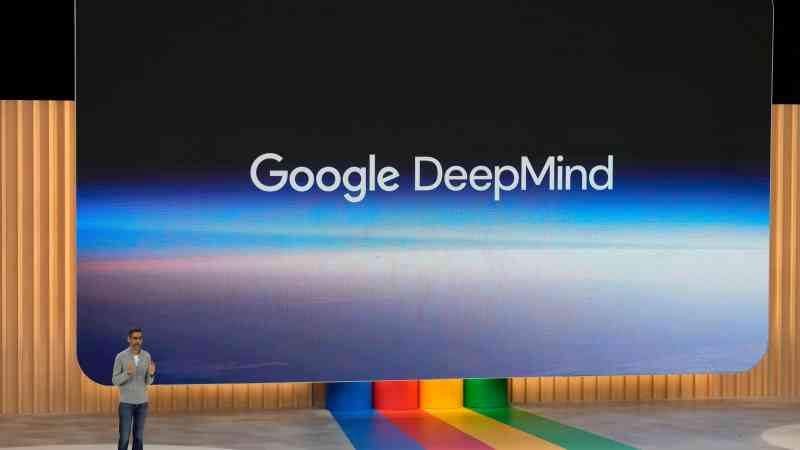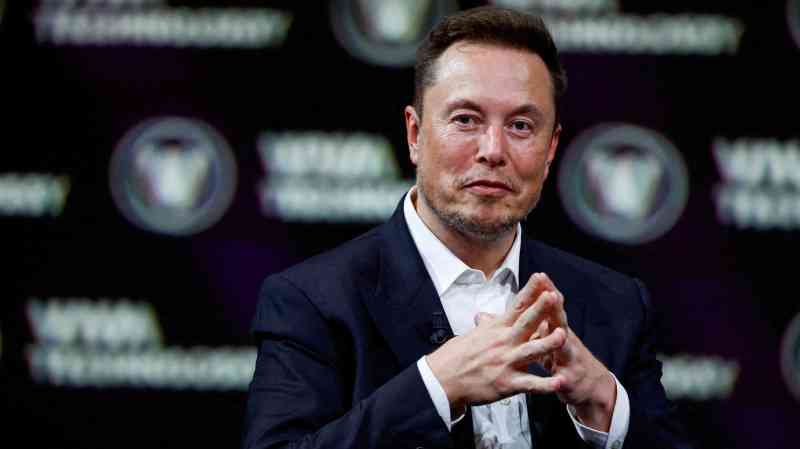Google owner announces first ever dividend
Google owner Alphabet announced its first-ever dividend of 20 cents a share on Thursday, despite spending billions of dollars on data centres to catch up with rivals on generative artificial intelligence.
Alphabet, which has faced tough competition for advertising budgets from other online platforms such as Facebook, Instagram, TikTok and Amazon, reported a 15 per cent rise in quarterly revenue to $80.5 billion in the three months to the end of March compared with $69.8 billion a year ago. It also said it would buy back an extra $70 billion of Alphabet shares.
As well as Google and its search engine, the California-based company also ownsYouTube, Android, Google Maps, Google Play and Gmail. Google Cloud revenue grew 28 per cent in the quarter, boosted by a boom in generative AI tools that rely on cloud services to deliver the technology to customers.
The shares, which have risen more than 50 per cent in the past year, were up $24.58, or 15.6 per cent, at $182.43 in late trading after the results, a rise of more than 50 per cent over the past 12 months and valuing the company at $2 trillion.
Google, the inventor of foundational technology for today’s artificial intelligence boom, is also competing against the two players that have captured the business world’s attention — ChatGPT’s creator OpenAI and Microsoft, its financial backer
Nikhil Lai, senior analyst at Forrester, a research and advisory firm, said: “In the race for generative AI, Google is playing catch-up by testing conversational search functionalities precipitated by ChatGPT.
“ It remains to be seen how Google will monetise conversational search without cannibalising its hundreds of billions of dollars of high-margin search ad revenue.”
Despite the positive results, Google is facing regulatory scrutiny that could threaten its future growth. The US Department of Justice is targeting its search engine in a lawsuit alleging the company has abused its power by negotiating lucrative deals with Apple and other companies to give it an unfair advantage over potential rivals, stifling innovation as well as competition.
After a two-month trial last year, the closing arguments in the US antitrust case are scheduled to be presented next week and a federal judge is expected to rule whether Google has been breaking the law by the end of this year.




Post Comment